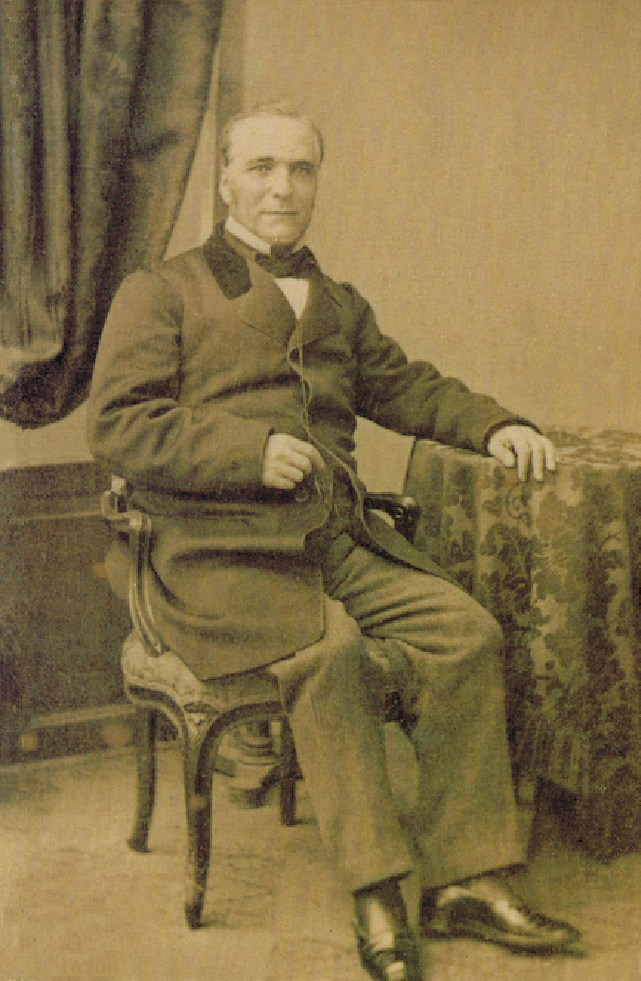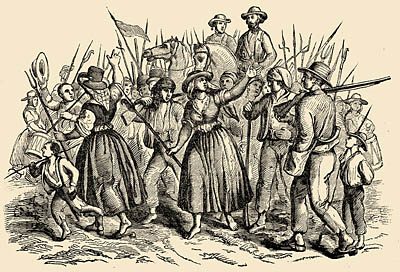|
Cabralism
Cabralism is the period from 1842 to 1846 when António Bernardo da Costa Cabral dominated Portuguese politics. Cabralism was characterized by the adoption of the constitutional doctrine contained in the restored Constitutional Charter of 1826, which was taken as a dogma to be scrupulously respected, thus creating a stable framework that was exploited by the government. The government was characterized by being a strong executive, decisively supported by the royal powers enshrined in the Charter, especially the reserve power vested in the sovereign. History With the express support of Queen Maria II, of whom Costa Cabral was considered a valedictorian, the government's parliamentary front was secured by an obedient majority, congregated in an exclusivist party and committed to maintaining, against the onslaughts of the left and the remnants of Miguelism, the order deemed necessary for the country's development. One of the first reforms of Cabralism was administrative centr ... [...More Info...] [...Related Items...] OR: [Wikipedia] [Google] [Baidu] |
Maria Da Fonte Revolution
The Revolution of Maria da Fonte, or Revolution of the Minho, is the name given to a popular revolt in the spring of 1846 against the Cartista government of Portugal (presided over by António Bernardo da Costa Cabral, 1st Marquess of Tomar). The revolt resulted from social tensions remaining from the Liberal Wars, exacerbated by great popular discontent generated by new military recruitment laws, fiscal alterations and the prohibition on burials inside churches. It began in the area of Póvoa de Lanhoso (Minho Province, Minho) by a popular uprising that little by little extended to the whole north of Portugal. The instigator of the initial riots was a woman called Maria, native of the freguesia of Fontarcada, who would become known by the nickname of Maria da Fonte. As the initial phase of the insurrection had a strong female element, she ended up giving her name to the revolt. The uprising afterwards spread to the remainder of the country and provoked the replacement of the ... [...More Info...] [...Related Items...] OR: [Wikipedia] [Google] [Baidu] |

